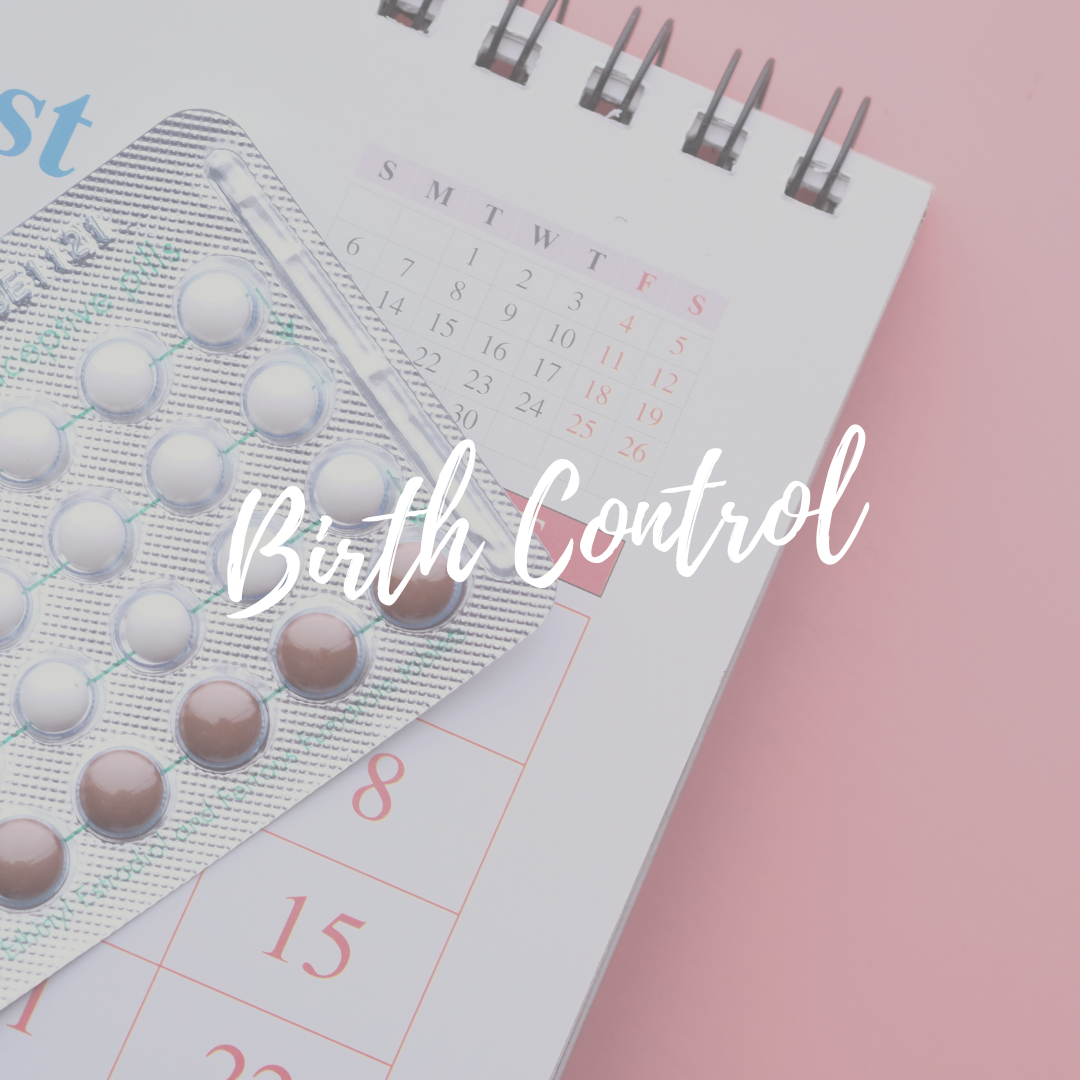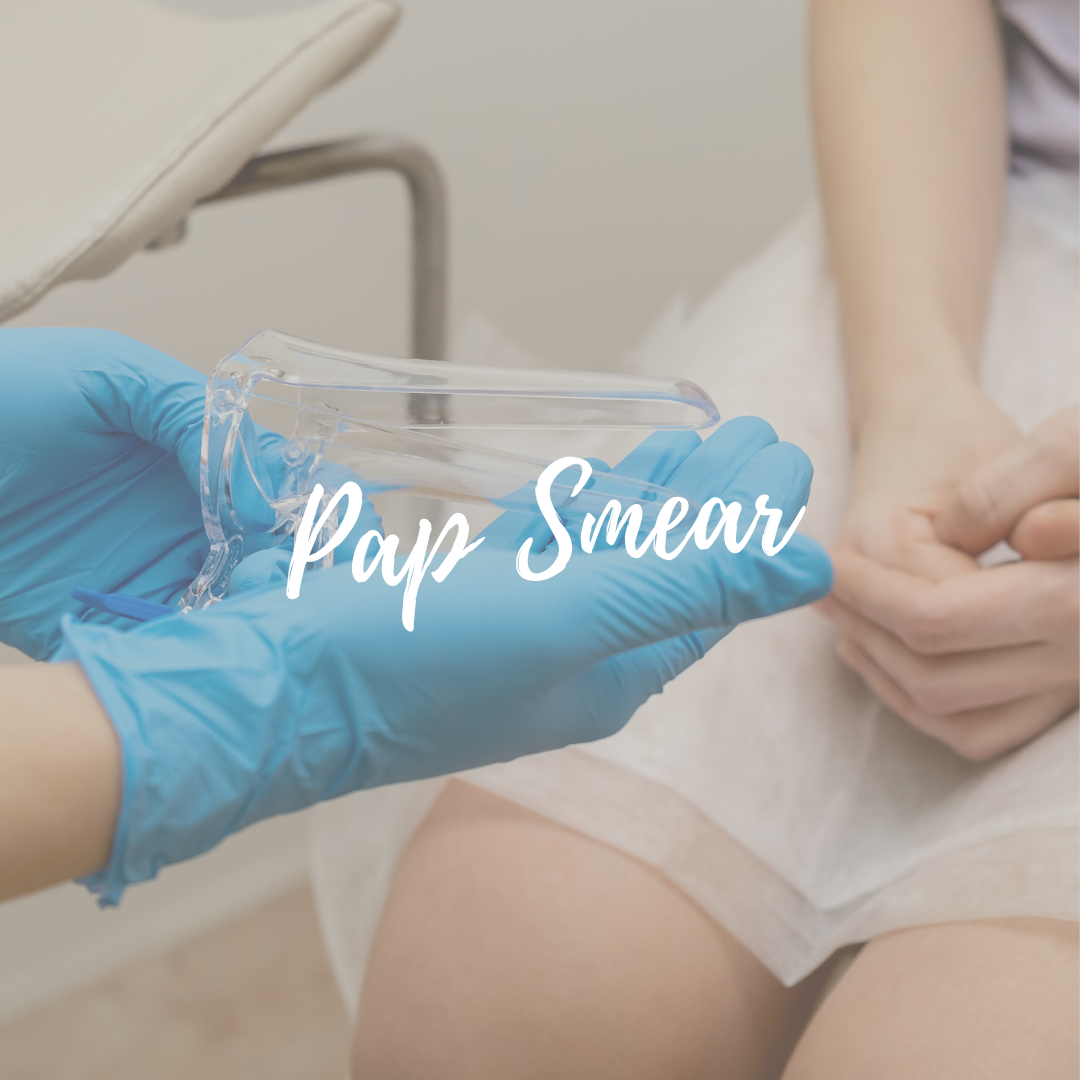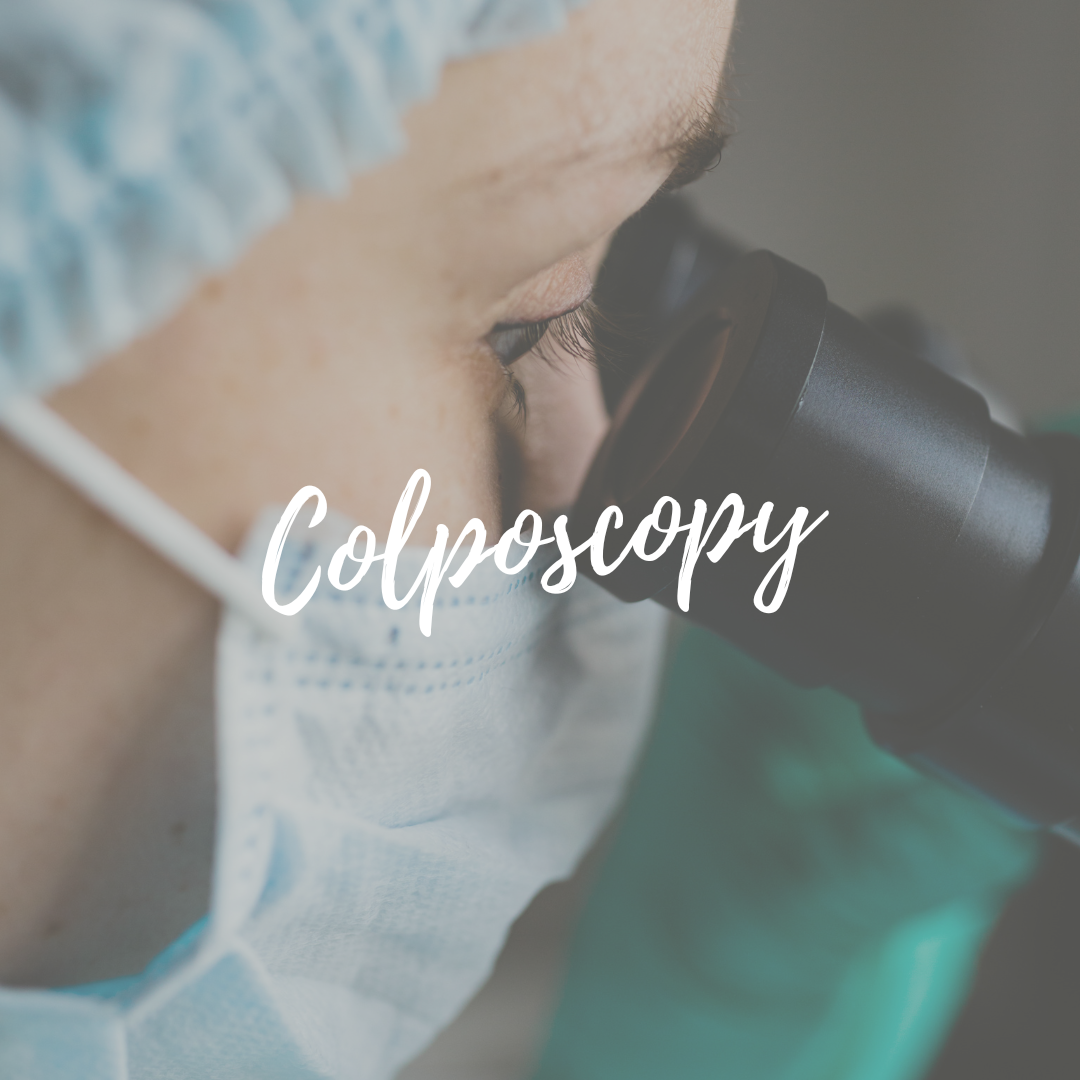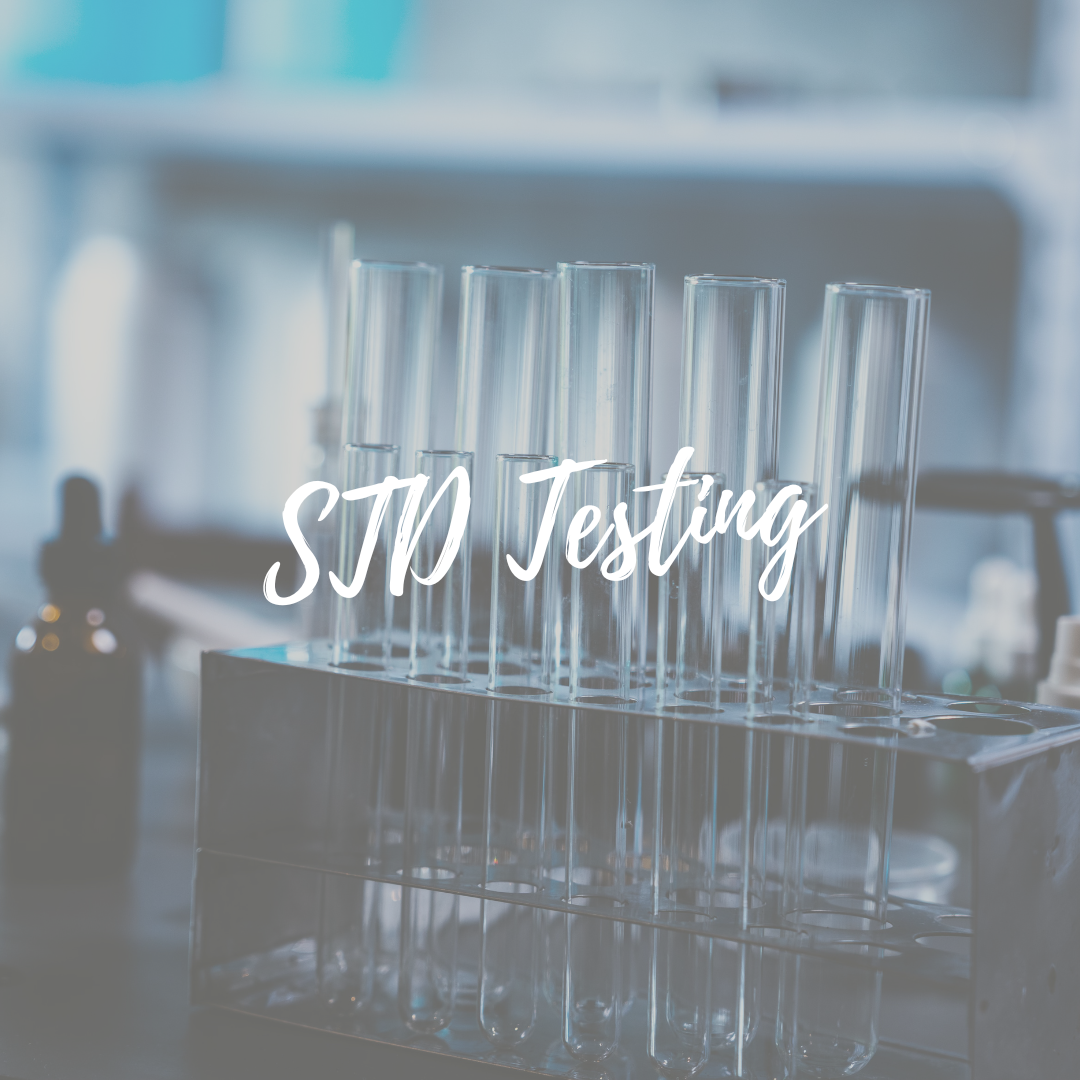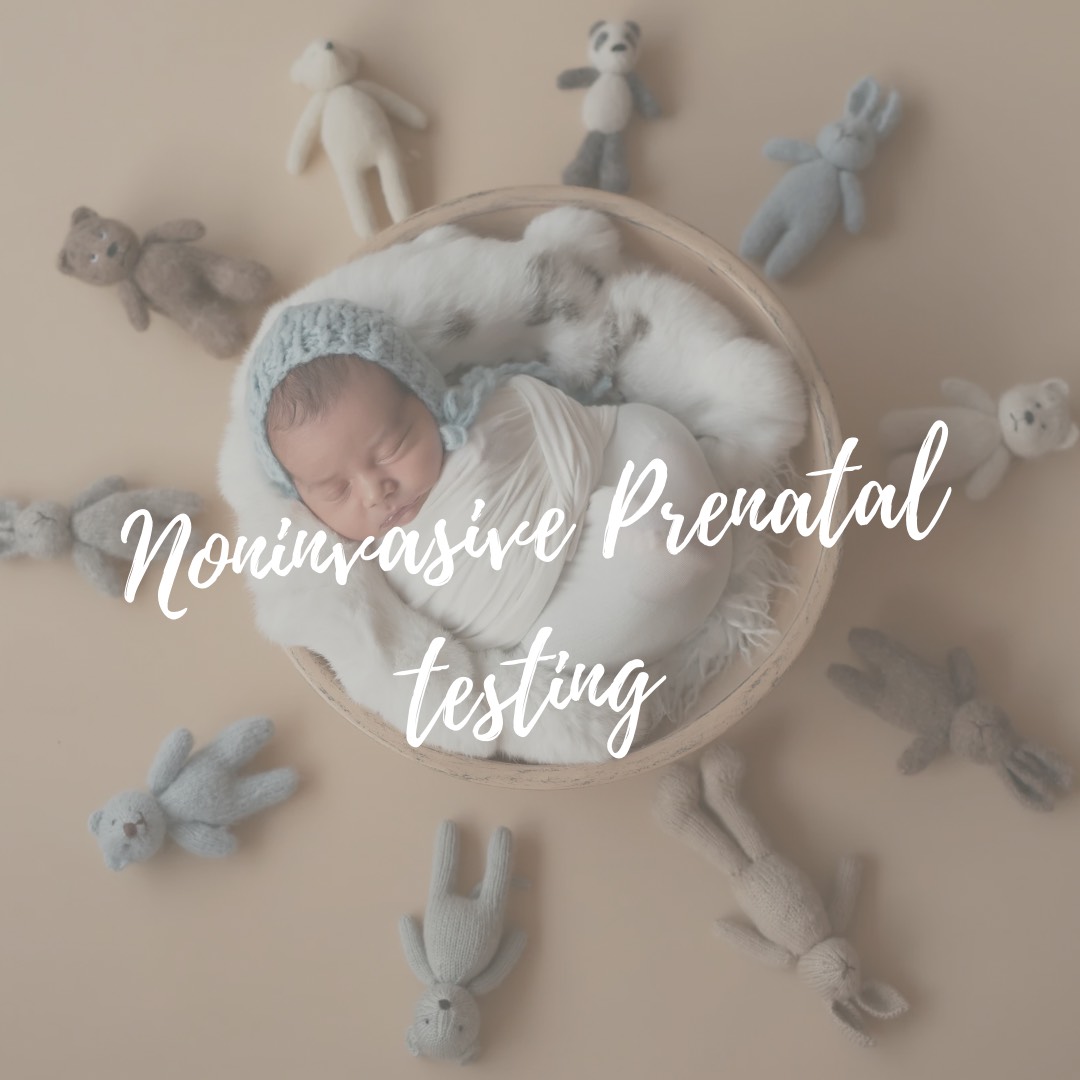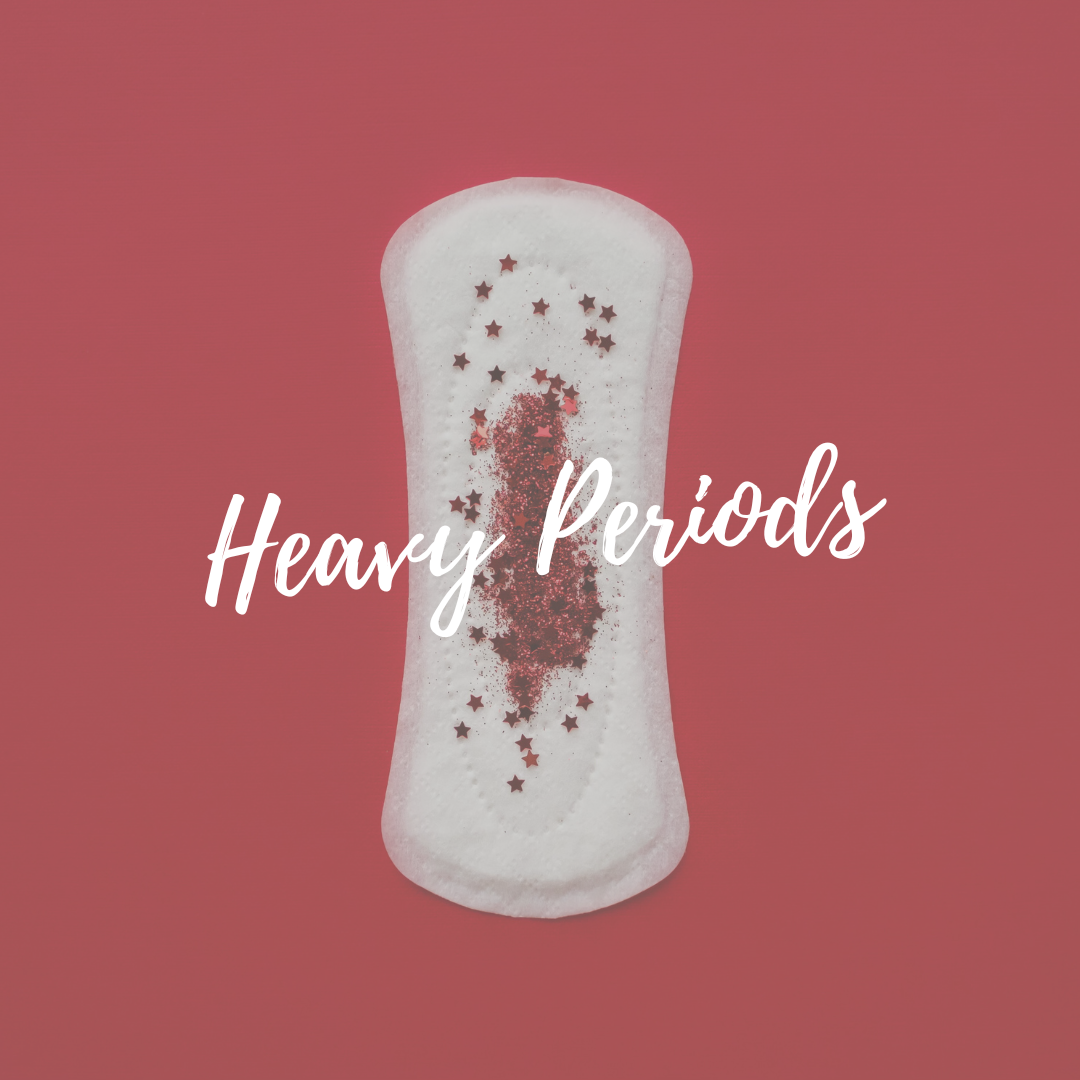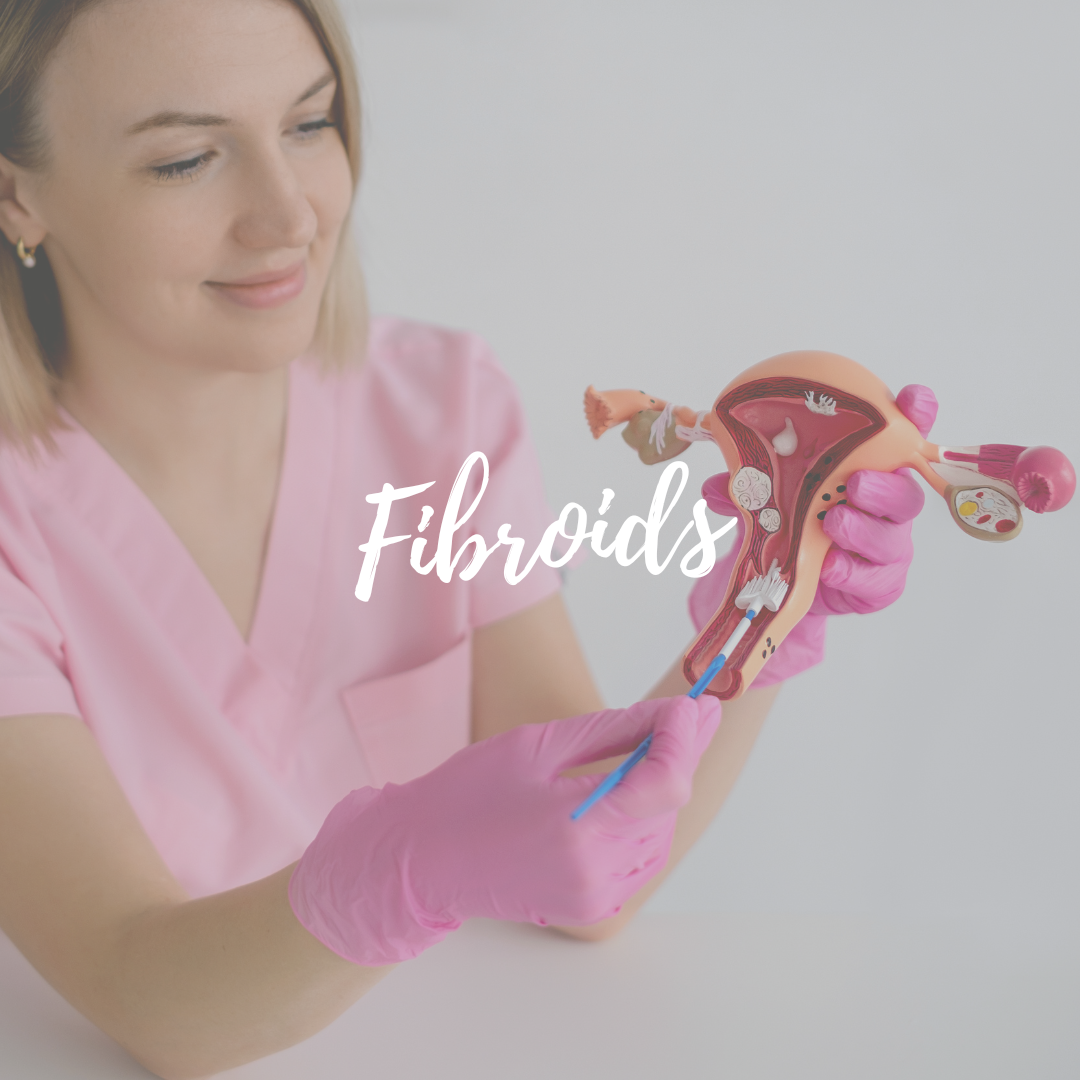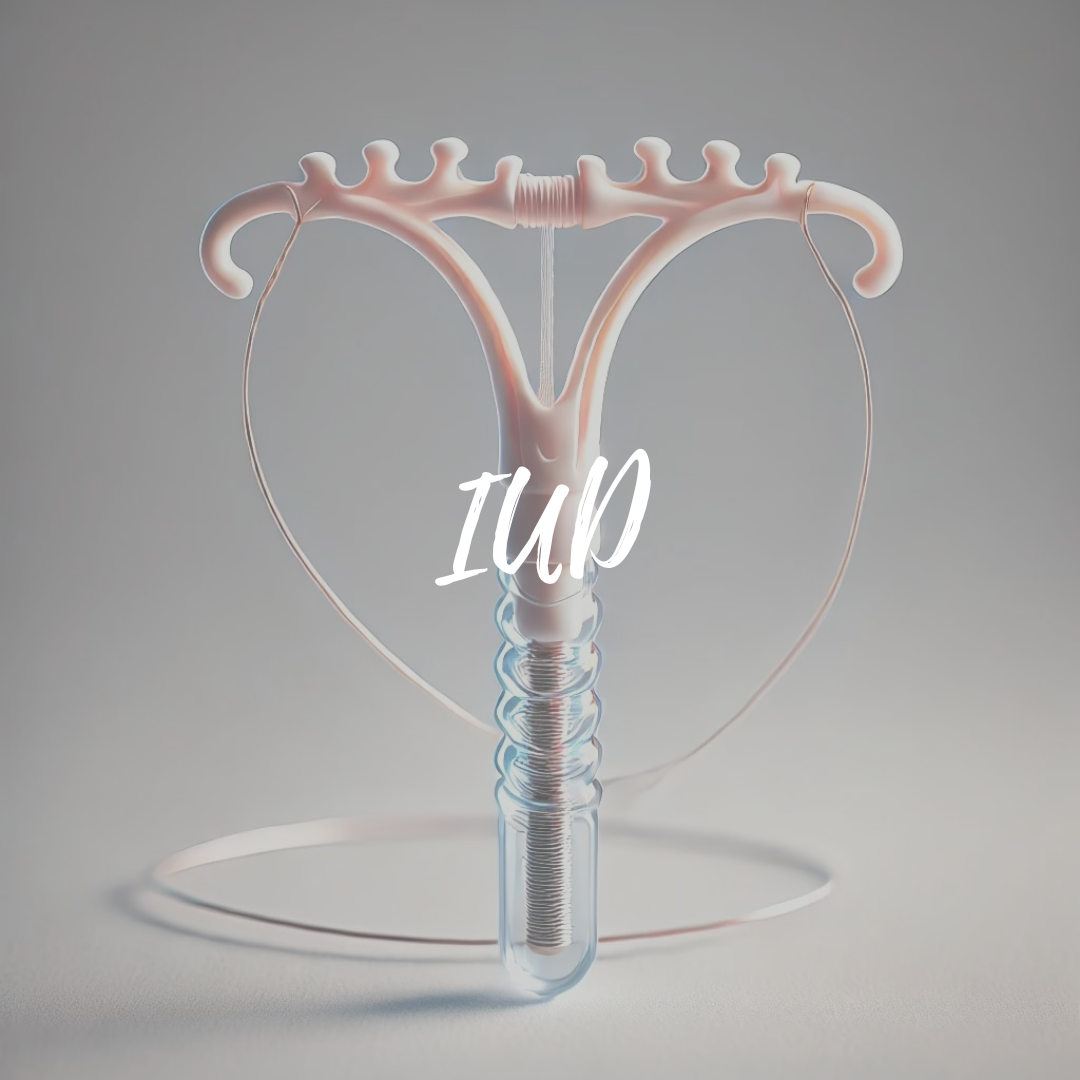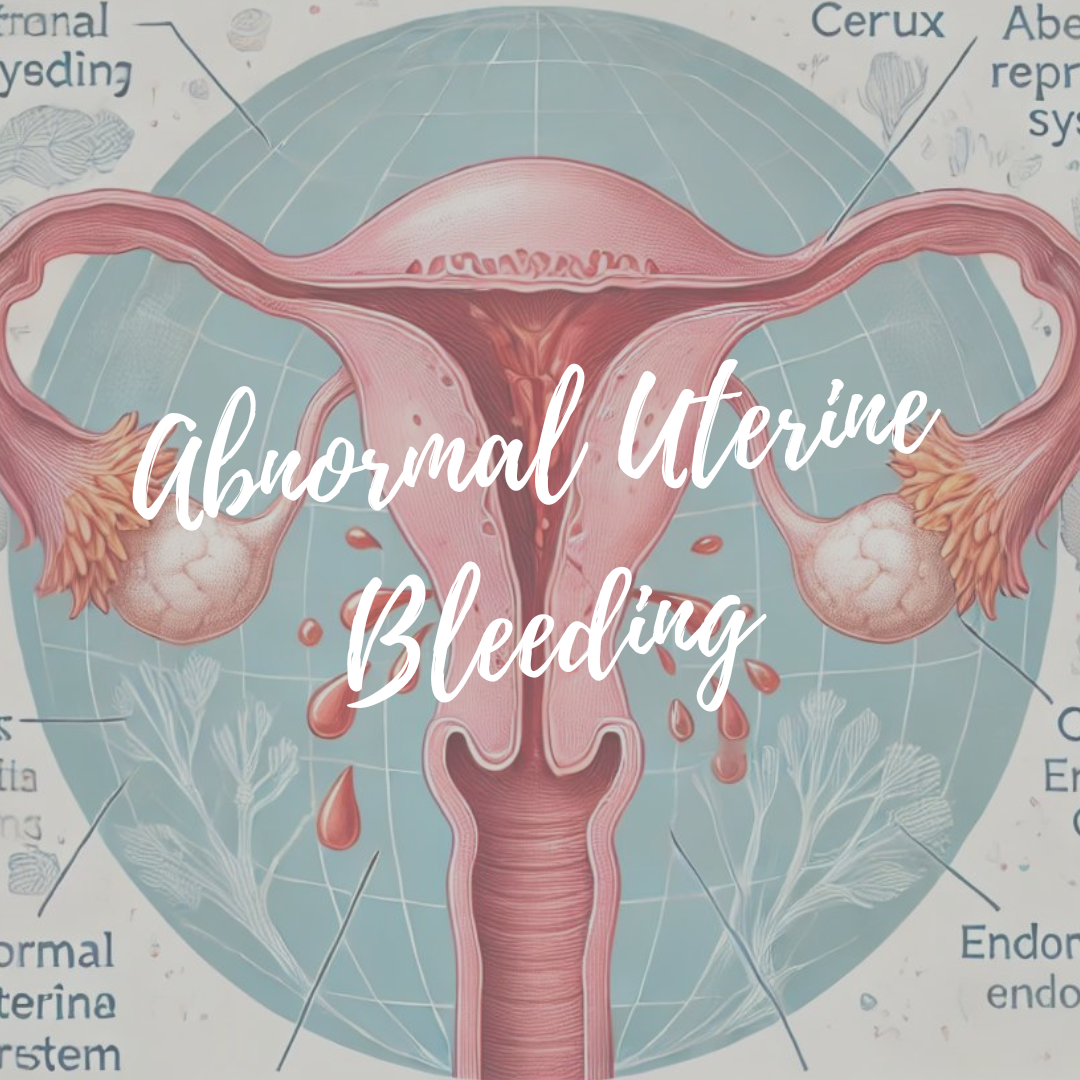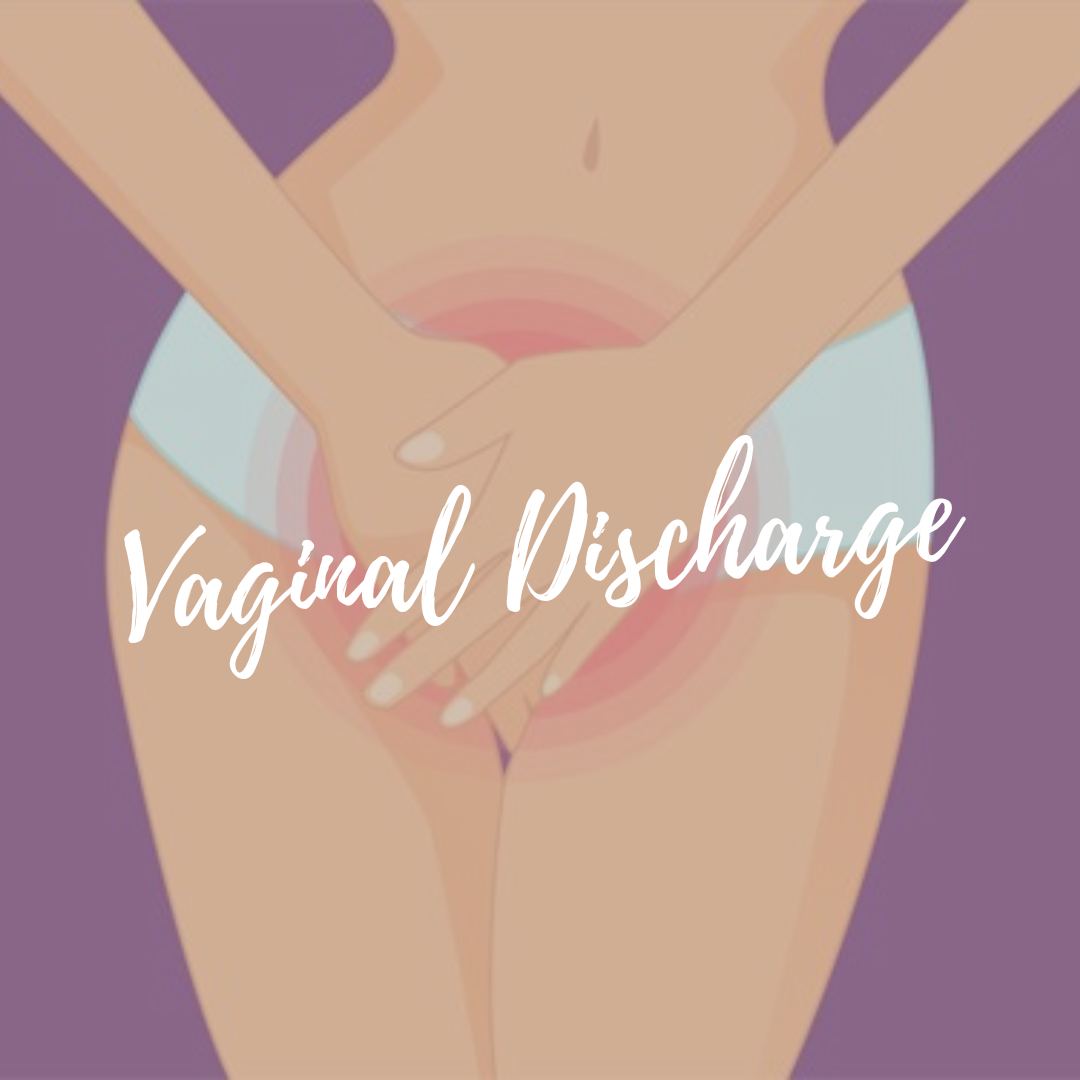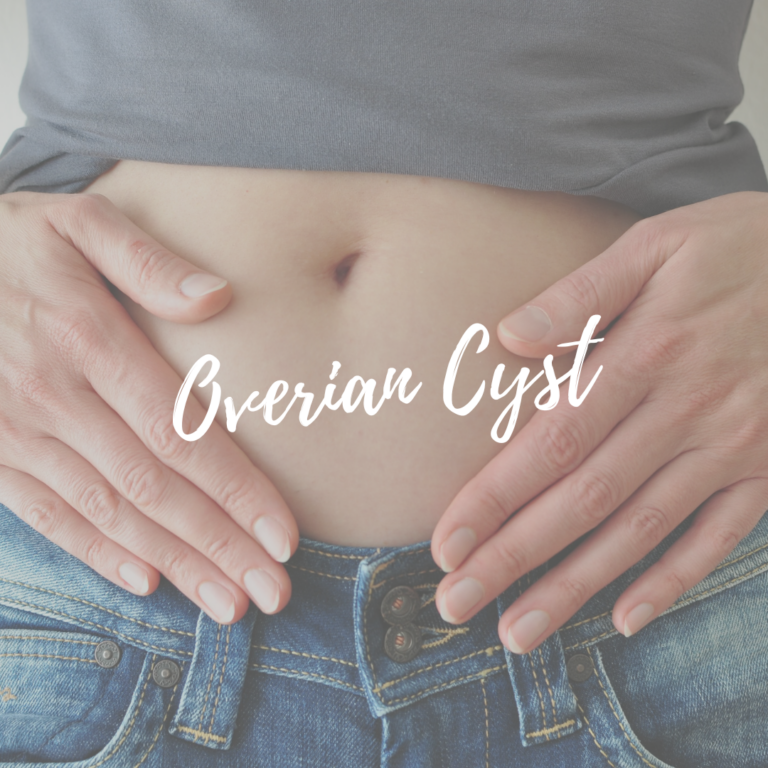
Ovarian Cysts And Their Management
Ovarian cysts are a frequent occurrence, often going unnoticed unless they increase in size or multiply. Approximately 8% of premenopausal women develop ovarian cysts that necessitate medical intervention. For an assessment, please call our office or schedule an appointment online.
What Are Ovarian Cysts?
An ovarian cyst is a fluid-filled sac that forms in or on your ovaries. These cysts are very common in premenopausal women and often come and go without causing any symptoms.
Types Of Ovarian Cysts
- Follicle Cysts: These form if a follicle fails to release an egg during ovulation, causing the cyst to grow. Follicle cysts typically resolve on their own within one to three months and generally do not cause symptoms.
- Corpus Luteum Cysts: After releasing an egg, the follicle transforms into the corpus luteum, a mass of cells. If it does not shrink, a cyst can develop. These cysts usually disappear within a few weeks but can grow larger and cause symptoms.
- Cystadenomas: These fluid-filled sacs develop on the ovary and can become quite large.
- Endometriomas: Associated with endometriosis, these cysts form from endometrial tissue growing outside the uterus.
- Dermoid Cysts: These cysts originate from cells present from birth and typically do not cause symptoms.
Most ovarian cysts are benign and do not lead to health issues.
Recognizing Ovarian Cysts
Many ovarian cysts do not produce symptoms, and you might only discover one during a routine pelvic exam or an abdominal ultrasound for another issue. Symptoms that could indicate the presence of an ovarian cyst include:
- Abdominal pain
- Pain during intercourse
- Difficulty emptying the bladder
- Unexplained weight gain or weight loss
- Abnormal vaginal bleeding
If you experience any of these symptoms, contact FirstChoice OB-GYN for an evaluation.
Managing Ovarian Cysts
Treatment depends on the type of cyst and the symptoms presented. Often, monitoring the cyst to see if it resolves on its own is recommended. Hormonal contraceptives might also be suggested.
For cysts that are large or cause significant symptoms, surgical removal may be necessary, a procedure known as ovarian cystectomy. In some cases, the ovary may also need to be removed, known as an oophorectomy.
Ovarian cysts are common and manageable. Call FirstChoice OB-GYN today or request an appointment online.


